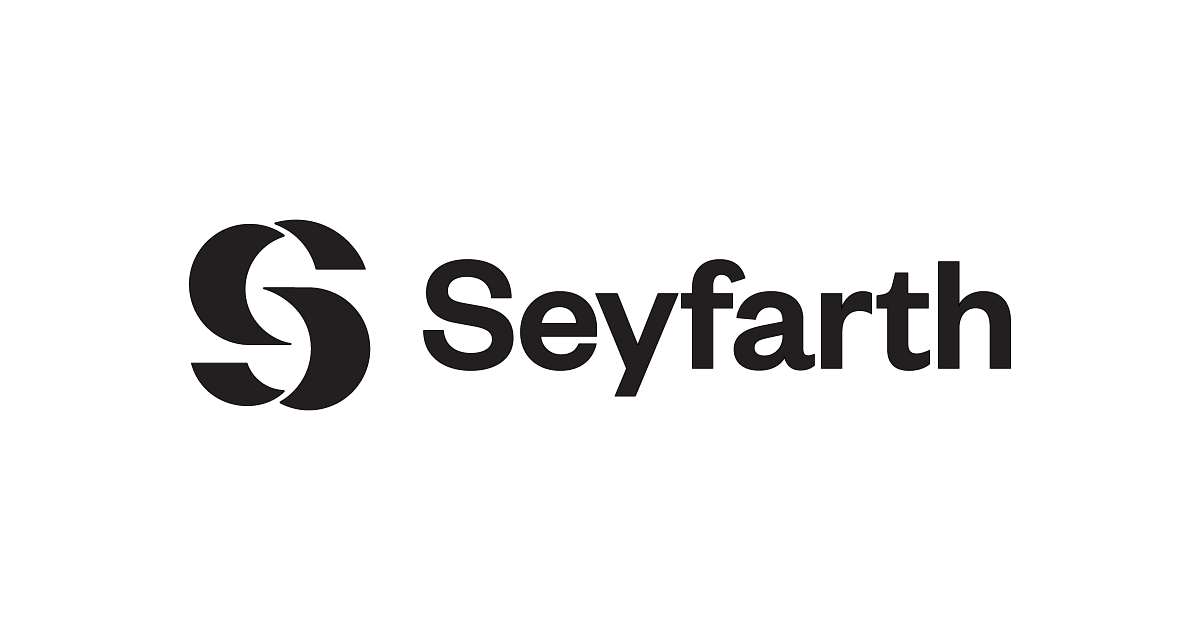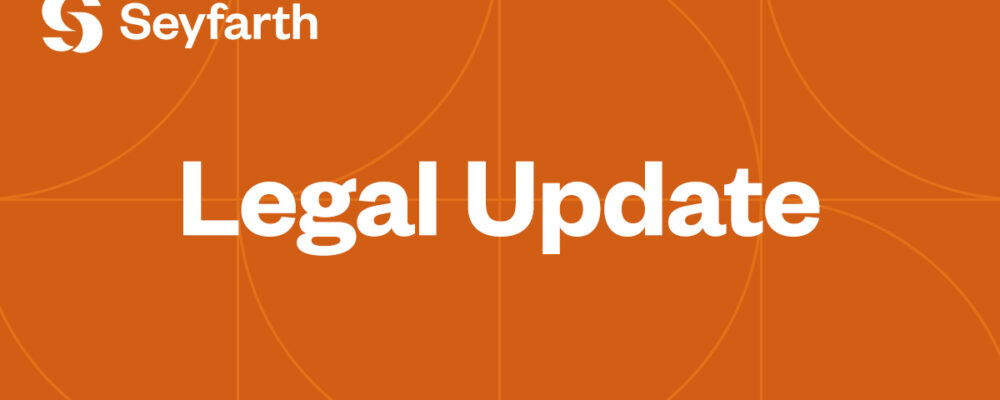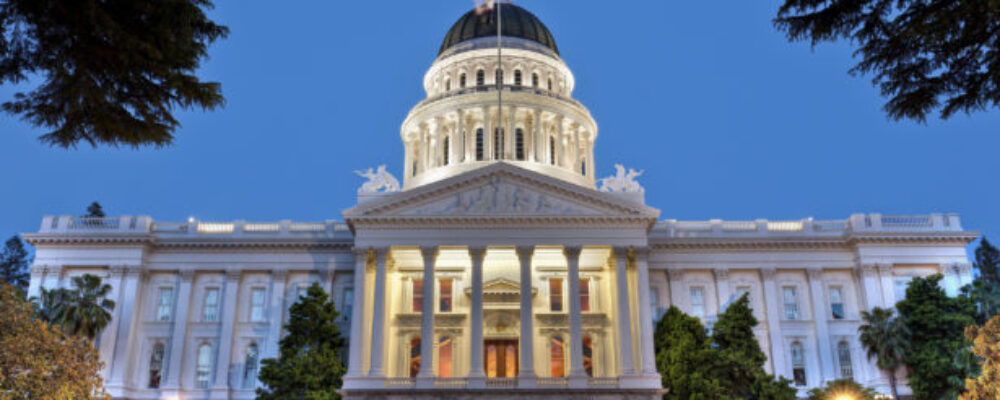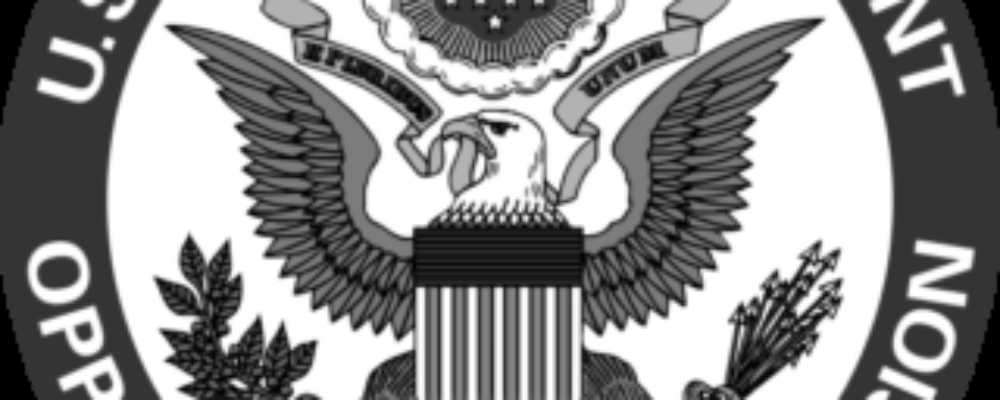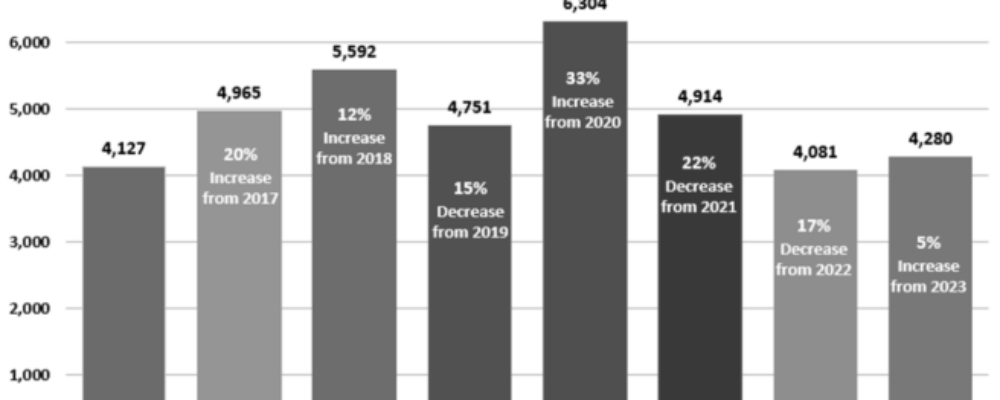The administrative challenge brought by the National Automobile Dealers Association (NADA) and another trade association against the Combating Auto Retail Scams (“CARS”) Trade Regulation Rule, issued last year by the Federal Trade Commission (FTC), will be heard by the U.S. Court of Appeals for the Fifth Circuit on October 7, 2024. This case, together with the U.S. Chamber of Commerce-backed challenge to the FTC’s Non-Compete Rule, places the Fifth Circuit at the heart of the national debate over the scope of the FTC’s rulemaking authority.
CARS Rule Targets Purported “Bait-and-Switch” Tactics by Dealers
In December 2023, the FTC launched its much-anticipated CARS Rule targeting allegedly misleading advertising and sales tactics by new car dealers. According to the FTC, the CARS Rule seeks to require greater transparency by new car dealers during the sales process by, among other things, prohibiting dealers from misrepresenting material information that would affect the buyer’s purchase choice, such as the vehicle’s price, financing options, add-ons, and availability, and also by requiring dealers to clearly disclose to buyers the offering price in the first communication with buyers. Buyers also must be told that optional add-ons are optional and can be refused. Initially slated to take effect on July 30, 2024, the FTC has since paused the effective date of the final rule pending resolution of NADA’s administrative challenge filed with the Fifth Circuit.
NADA and FTC Debate Scope of Rulemaking Authority
In briefing filed with the Fifth Circuit, NADA argues the FTC has failed to demonstrate sufficient justification for the CARS Rule, which NADA characterizes as sweeping, confusing, unnecessary, and improperly noticed under the Administrative Procedure Act. NADA’s brief emphasizes the heavy regulation already imposed on the automotive industry, and argues that under the CARS Rule, “virtually all written communications and many oral communications between dealership employees and potential customers concerning the sales, financing, or leasing of a vehicle would be directly regulated by the FTC.” NADA contends this could require communications with customers that make little sense, like beginning conversations with an “offering price” when the customer asked only about a particular vehicle feature. According to NADA, the CARS Rule constitutes an arbitrary and capricious “solution in search of a problem,” as there was insufficient evidence of dealer misconduct to justify the CARS Rule and the costs imposed on new car dealers.
In responsive briefing filed with the Fifth Circuit, the FTC argues the CARS Rule is procedurally valid, particularly given that Congress in the Dodd-Frank Act of 2010 gave the FTC expanded authority to regulate motor vehicle dealers. As to its justification for the CARS Rule, the FTC contends the Dodd-Frank Act exempted the FTC from any requirement that the agency make a finding that misconduct is “prevalent” before adopting a rule, and that the FTC need only demonstrate a “rational connection between the facts found and the decision made.” Consistent with the FTC’s rejection of pushback from NADA in the fall of 2022 before adopting the CARS Rule, the FTC also argues in its briefing to the Fifth Circuit that the adoption of the CARS Rule is supported by over 100,000 consumer complaints the agency received about motor vehicle dealers and the perceived widespread use of unfair and misleading practices, including in dealers’ advertising and imposition of fees.
Destined for the U.S. Supreme Court?
Multiple interested parties—including the U.S. Chamber of Commerce, several consumers’ rights organizations, and various state Attorneys General—submitted amicus briefs to the Fifth Circuit variously advocating against or for the CARS Rule. Regardless of how the Fifth Circuit decides this particular issue, the FTC’s recent and expansive exercise of its rulemaking authority, including its adoption of the Non-Compete Rule that prohibits most non-compete agreements between employers and workers, appears to be headed to Washington, D.C. for a decision by the U.S. Supreme Court.
“With approximately 900 lawyers across 17 offices, Seyfarth Shaw LLP provides advisory, litigation, and transactional legal services to clients worldwide.”
Please visit the firm link to site


